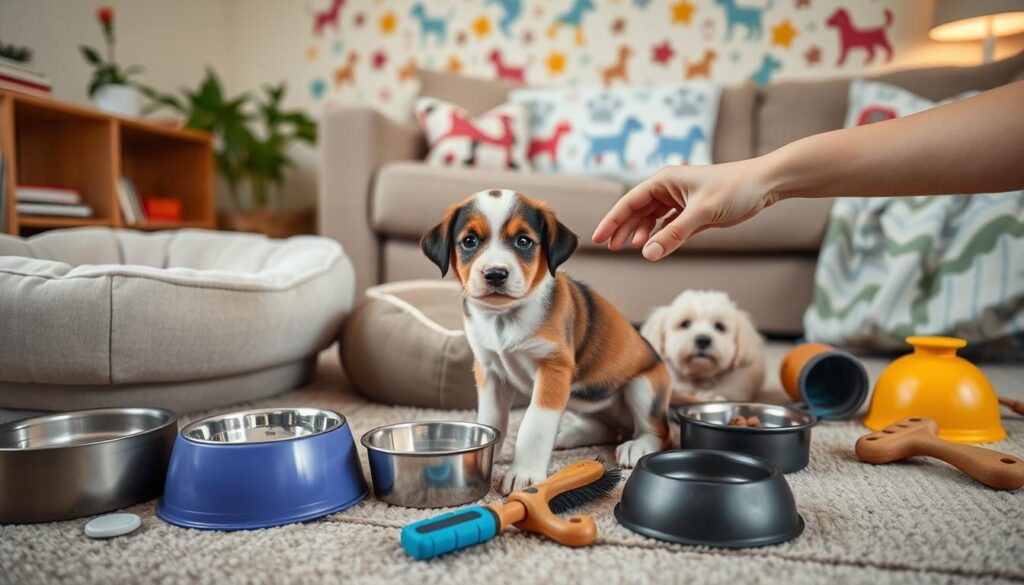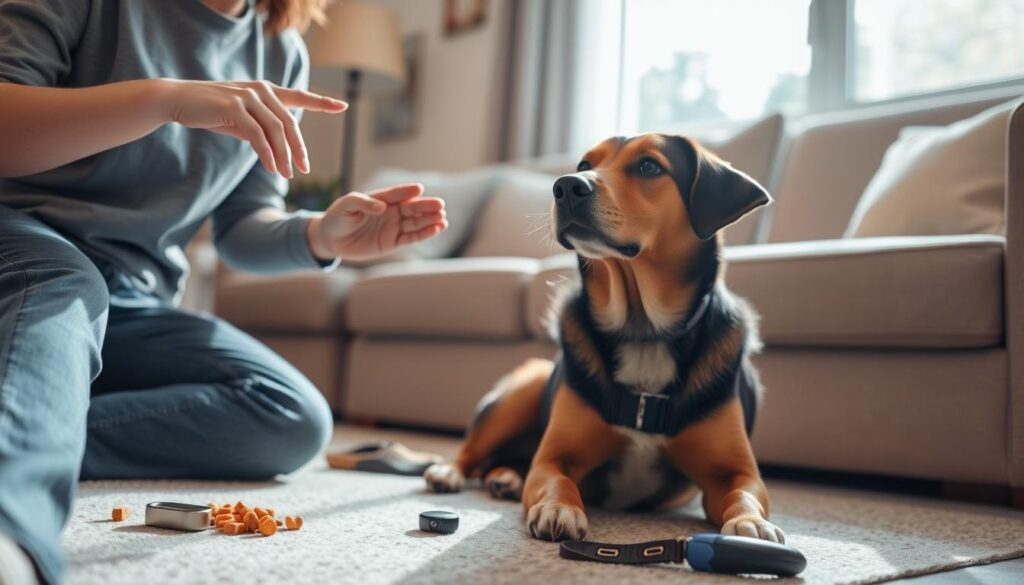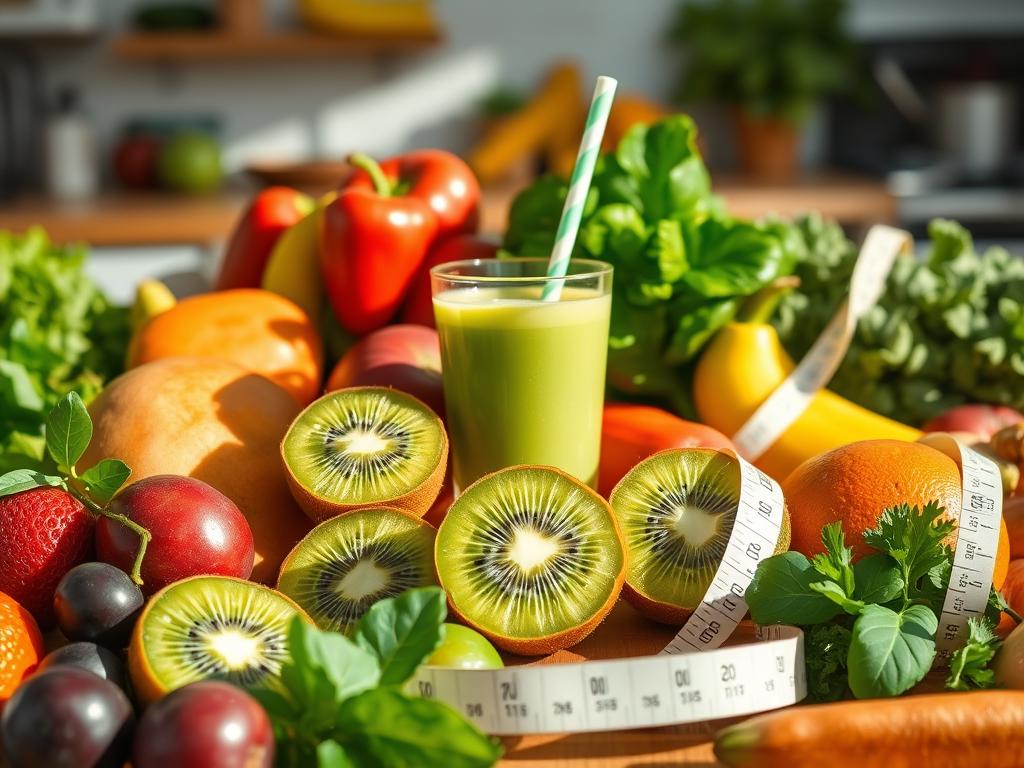The first moments of bringing a puppy home is a blend of excitement and anxiety for new dog owners. Imagine the scene: a fluffy ball of energy bounded into the living room, eyes wide and curious. As you quickly assess your new furry friend, you realize this tiny creature relies on you entirely for guidance and comfort. While the joy of puppy ownership is undeniable, understanding their myriad needs is crucial to ensuring a happy, healthy life together. Here, we’ll share essential puppy care tips for first-time dog owners that will build a strong relationship right from the start.
From choosing the right dog food to mastering the basics of dog grooming, your journey begins with understanding your puppy’s unique needs. Socialization is critical, as is creating a safe environment for your playful companion. Puppy training basics, particularly using positive reinforcement techniques, will equip you to navigate early challenges successfully. And remember, as you foster a bond with your pup, consider what it means to be a responsible pet owner and constantly evolve in your knowledge.
As you embark on this transformative journey of puppy ownership, be assured that it’s normal to have questions and seek guidance. For additional support that extends beyond this article, exploring valuable resources like parenting guides can also provide insights applicable to raising your furry family member.
Key Takeaways
- Puppies need regular meals, typically three times a day for optimal growth.
- Understanding toilet training intervals can help minimize accidents; offer breaks every 20-30 minutes.
- Positive reinforcement is key to effective puppy training and building trust.
- Choose stainless steel or ceramic bowls for food and water for cleanliness and durability.
- Monitor your puppy closely to prevent indoor accidents, responding quickly to signs they need to go out.
- Establish regular cuddling and playtime to strengthen your bond with your new puppy.
- Set a consistent sleep schedule to help your puppy adjust more easily to their new home.
Understanding Your Puppy’s Needs
Recognizing and fulfilling your puppy’s needs is essential for their overall well-being and development. A well-rounded approach encompasses various aspects of their care, including physical requirements like food and exercise, as well as their emotional needs for socialization and affection. Paying attention to signs of distress can further enhance the bond between you and your pup, ensuring a harmonious home environment.
Physical Needs: Food, Water, and Exercise
One of the puppy health essentials involves providing the right nutrition. Puppies typically require puppy food until they are fully grown, which can be anywhere from a year to two years, depending on the breed. Young puppies thrive on a schedule, needing three meals a day to support their rapid growth. Ensure they always have access to fresh water and incorporate regular exercise into their daily routine. Exercise not only promotes physical health but also helps in mental stimulation, keeping your puppy happy and content.
Emotional Needs: Socialization and Affection
Understanding puppy nutrition is just one part of comprehensive care. The emotional needs of puppies are equally important. Socialization should commence around 16 weeks of age, once vaccinations are completed, enabling them to interact safely with others. Engaging in puppy classes offers a safe environment for socialization and essential training. Always provide plenty of affection, as a loving approach creates a secure foundation for your puppy’s emotional development.
Signs of Distress: What to Watch For
Being observant of your puppy’s behavior is crucial. Common signs of distress include excessive barking, restlessness, or changes in eating and sleeping patterns. If you notice symptoms like diarrhea or vomiting, prompt action is necessary to contact your veterinarian. Monitoring these signs ensures that any potential health issues are addressed early, promoting a smoother transition into your home.
Creating a Safe and Comfortable Home
Bringing a new puppy into your life means ensuring their new environment is both safe and comfortable. When establishing the perfect spot for them, consider areas that are quiet and free from distractions. This focus on designating safe spaces for dogs can help your puppy feel secure as they adjust to their new home.
Choosing the Right Space for Your Puppy
Identify a location that remains calm and protected, allowing your puppy to relax and unwind. Ideal spaces should be free from excessive foot traffic and noise. When you create a puppy-friendly home, this thoughtful approach promotes a sense of safety and belonging for your furry companion.
Puppy-Proofing Your Living Environment
Puppy-proofing tips are essential for safeguarding your pup from potential hazards. Remove any poisonous plants and secure loose cables or cords that your puppy may chew on. Store items such as shoes, small objects, and cleaning supplies out of reach. These measures significantly reduce risks while allowing the puppy to explore their surroundings.
Comfortable Sleeping Arrangements
Providing a cozy bed or crate fosters a sense of security for your puppy. Choose a spot that offers warmth and comfort, such as a soft bed with familiar blankets or toys. This helps establish a safe haven where your puppy can retreat whenever they need a moment of peace. Ultimately, creating a puppy-friendly home starts with a dedicated space that encourages rest and safety.
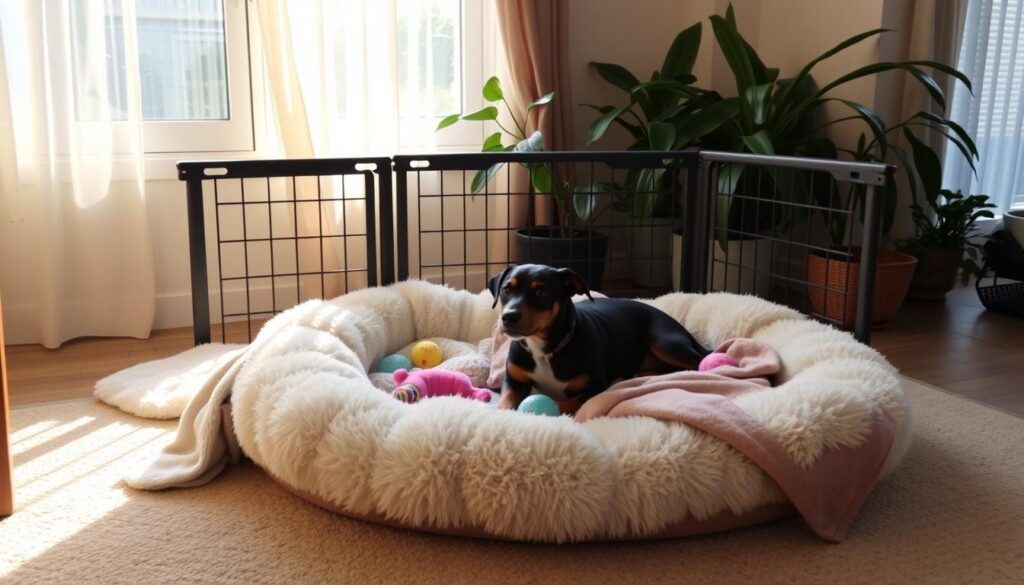
Essential Supplies for Your Puppy
Preparing for a new puppy goes beyond emotional readiness. Acquiring the right supplies can ensure a smooth transition into your home. The following essential puppy supplies serve various needs that will support your new friend’s growth and comfort.
Choosing the Right Food and Bowls
The puppy food selection is critical for your puppy’s development. Look for high-quality, breed-specific formulas tailored to their age, size, and dietary requirements. Stainless steel or ceramic bowls are often recommended due to their durability and easy-to-clean surfaces, ensuring your puppy stays hydrated and fed securely.
Toys for Mental and Physical Stimulation
Keeping your puppy engaged is vital for their mental and physical health. Select a variety of toys that provide stimulation. Chew toys can help alleviate gum pain during teething, while interactive toys promote learning and play. These aspects contribute to your puppy’s overall well-being and can satisfy their natural instincts to chew and explore.
Grooming Tools for Regular Maintenance
To maintain your puppy’s coat and hygiene, invest in basic grooming tools for dogs. Brushes and combs will facilitate regular grooming sessions, helping to prevent matting and promote healthy skin. Additionally, dental care tools like toothbrushes and dental wipes will support proper oral health. Ensuring your puppy enjoys grooming time will make future sessions much easier.
Training Basics for First-Time Owners
Training your puppy lays the foundation for a harmonious relationship. Starting early with structured training not only fosters good behavior but also promotes a well-adjusted pup. Integrating puppy obedience training into daily routines can significantly enhance your puppy’s ability to adapt to new environments and situations.
Importance of Early Training
Early dog training techniques focus on establishing good habits from a young age. Puppies respond best when training is initiated at an early stage, helping them learn essential behaviors that will last a lifetime. This approach ensures that both you and your puppy enjoy a rewarding experience together, creating a strong bond built on trust and respect.
Potty Training Techniques
House training puppies requires patience and consistent practices. Set a schedule for regular breaks outside, particularly after meals, playtimes, and naptimes. Rewarding successful trips outdoors with praise and treats reinforces positive behavior. The goal is to create a routine that helps your puppy understand where it is appropriate to relieve themselves.
Commands Every Puppy Should Know
Teaching fundamental commands like “Sit,” “Stay,” and “Come” is crucial for establishing a safe environment. These commands provide structure for your puppy, making it easier to manage their behavior in various situations. Using positive reinforcement through treats and affection will enhance the learning process, turning it into a fun and enriching experience for both of you.
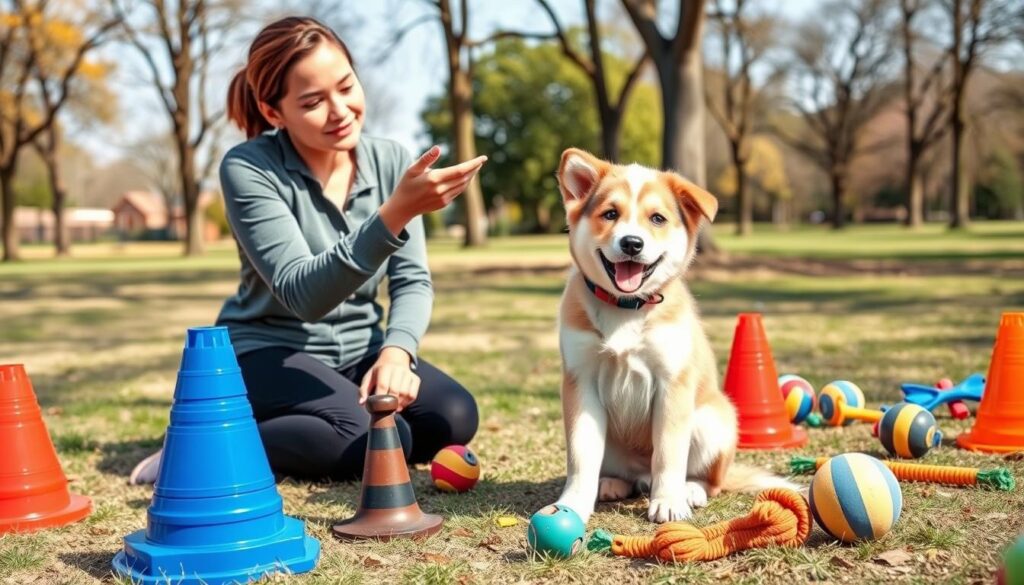
Socializing Your Puppy
Socializing your dog at an early age is crucial for their development. The first three months of a puppy’s life serve as a primary window for socialization. Exposing your puppy to new experiences, sounds, smells, and interactions with people and other animals can significantly influence their future behavior. Getting started with puppy socialization tips during this formative stage will help cultivate a confident, well-adjusted adult dog.
Importance of Early Socialization
By focusing on socializing your dog between 3 to 12 weeks of age, you optimize their ability to acclimate to different environments. This stage offers the best opportunity to introduce puppies to various stimuli. Neglecting this essential period can result in increased anxiety and fearfulness as they grow. According to the American Veterinary Society of Animal Behavior, behavioral issues are a leading cause of death in dogs under three years, underscoring the need for early and effective socialization.
Introducing Your Puppy to Other Dogs
When introducing dogs to new environments, controlled interactions with friendly, vaccinated dogs are ideal. Puppy socialization classes, typically lasting four to six weeks, offer supervised settings where your puppy can engage with others. These classes emphasize positive reinforcement strategies to foster a safe and enjoyable experience for all participants. Regular socialization activities—ideally two to three times a week—should continue until your puppy reaches six months old.
Public Outings: Parks and Pet Stores
Public outings provide excellent opportunities for socializing your puppy in diverse settings. Once your puppy completes their vaccination series, they can safely explore parks and pet stores. Gradually introducing your puppy to these environments will build their confidence while avoiding overwhelming encounters. The AKC Canine Good Citizen program can also help equip your puppy with good manners and basic obedience skills, promoting a balanced and adaptable pet.
Health and Wellness Considerations
Ensuring your puppy’s health is a multifaceted endeavor that requires regular veterinary care, a proper diet, and an awareness of common health issues. Establishing a routine for veterinary care for puppies should start as soon as you bring your new friend home. Regular check-ups help to monitor growth, administer necessary vaccinations, and maintain effective parasite control.
Schedule for Vet Visits and Vaccinations
Your puppy’s wellness should include a visit to the vet within the first week of arrival. Vaccinations are crucial in protecting them from diseases that can be harmful. A schedule outlining these visits will ensure your puppy receives timely care. Additionally, routine dental examinations will prevent dental diseases that can affect overall health. Early intervention for any signs of distress can lead to successful outcomes and better quality of life.
Puppy Care
Proper nutrition is a fundamental aspect of Puppy Care. Puppies, depending on their size, may need to be fed at different intervals to ensure optimal Puppy Care. Medium-sized breeds typically require one or two meals daily, while larger breeds may need only one meal once they mature. For smaller toy breeds, more frequent meals are often necessary as part of tailored Puppy Care routines. Selecting high-quality dog food specifically designed for puppies supports healthy growth, a crucial element of effective Puppy Care. Additionally, regulating meals and treats is essential to prevent overfeeding and obesity, which can hinder proper Puppy Care.
Recognizing Common Health Issues
As a responsible dog owner, understanding common health issues is essential. Frequent problems include fleas, ticks, and dietary allergies. Regular inspections of your puppy can help identify these issues early. Hygiene practices, such as bathing short-coat or hairless dogs more frequently, enhance overall wellness. By prioritizing puppy health essentials, you can ensure a happy and healthy life for your furry companion.
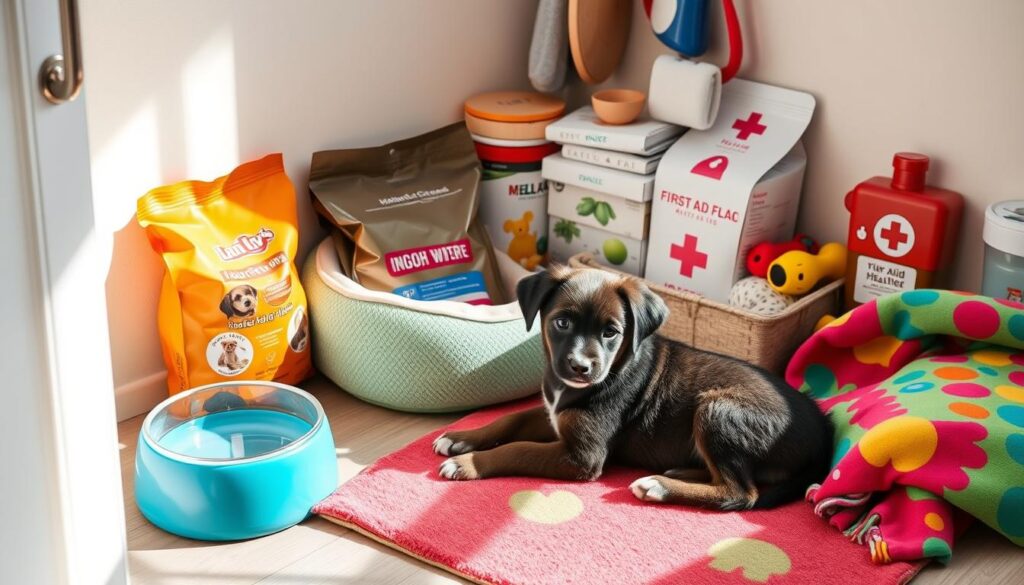
Establishing a Routine
Creating a consistent schedule plays a vital role in establishing a routine for puppies. This structured approach fosters a sense of security, helping young dogs understand their daily expectations. The benefits of consistency for dogs include reduced anxiety and improved behavior, making it essential for all puppy owners to develop a reliable routine.
Benefits of a Consistent Schedule
Having a well-defined daily routine allows puppies to know when to expect meals, playtime, and rest. Most puppies require feeding three to four times a day until they are about six months old, after which the frequency can be reduced gradually. This predictability in their day fosters a sense of safety and comfort, essential for their emotional development.
Daily Activities to Keep Your Puppy Engaged
Keeping your puppy engaged involves a blend of interactive play and mental challenges. Short, frequent play sessions throughout the day are ideal as opposed to one long stint. Engage in activities such as fetch or tug-of-war, which stimulate both physical and mental activity. Including training exercises in these play periods can also be beneficial, aiding in obedience and social skills.
Balancing Work, Play, and Rest
Striking a balance between work, play, and rest is crucial for your puppy’s well-being. Young puppies may sleep up to 16 to 18 hours a day, making it essential to plan around their nap times. Scheduling regular walks helps burn off energy and satisfies their natural curiosity. Ensuring adequate rest periods allows them to recharge and stay healthy, reinforcing the importance of establishing a routine for puppies.
Building a Bond with Your Puppy
Establishing a solid relationship with your puppy is essential for both emotional wellbeing and effective training. Spending time with puppies through various activities, such as play and daily routines, allows you to nurture a strong connection. By engaging in these moments, you can better understand your puppy’s unique personality and preferences, which promotes a healthier bond.
Spending Quality Time Together
Time spent together is invaluable in building a bond with your dog. Activities like daily walks and interactive play not only enhance your puppy’s physical health but also enrich your time together, creating lasting memories. Whether it’s simple companionship or structured outings, every moment counts, reinforcing the emotional ties shared. Consider taking your puppy on local adventures to strengthen your relationship while exploring your neighborhood or parks.
Positive Reinforcement Techniques
Utilizing positive reinforcement in training is a powerful way to encourage desired behaviors and develop trust. Rewarding your puppy with treats and praise when they exhibit good behavior fosters a loving environment. Studies have shown that 93% of dogs respond positively to these techniques, highlighting their effectiveness in training. As you implement these methods, remember that consistency and patience are key in reinforcing good habits.
Activities to Strengthen Your Relationship
Incorporating fun activities such as training sessions or simple games is a great way to enhance your bond while focusing on Puppy Care. These shared experiences not only build obedience but also strengthen emotional attachments, a key aspect of effective Puppy Care. By making your puppy feel secure and valued, you ensure their overall happiness. Over time, as you guide your puppy through various tasks and adventures, you’ll develop a well-adjusted companion. For more ideas and tips on Puppy Care, check out this helpful resource here.

